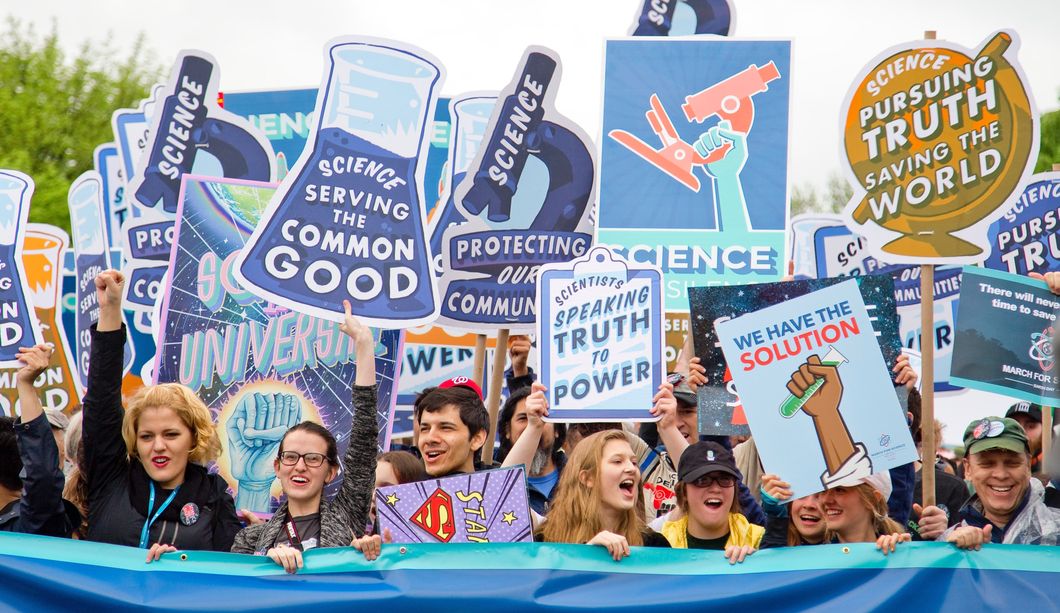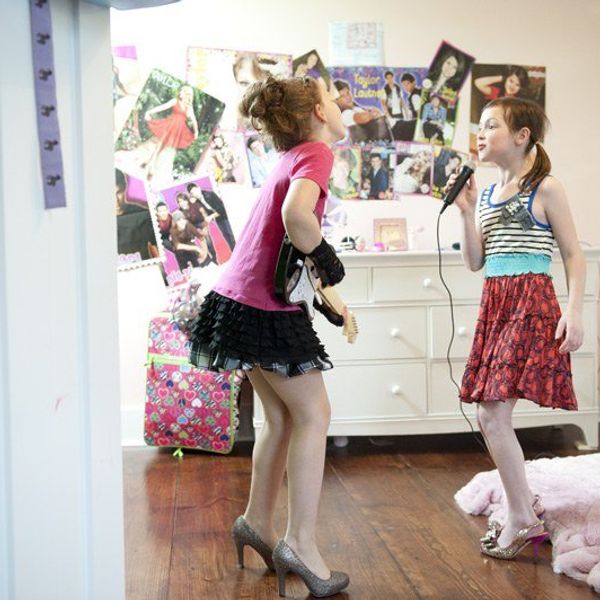As the summer heat rages on, with sticky humidity and temperatures hitting record highs all over the world, communities and individuals are finally recognizing the full impact of climate change. The subject is something that I feel has frequently been tacked on as a second thought in most conversations involving politics (and we know there have been many), but these summer months have pushed the topic to the foreground.
If you've been on social media recently, you may have noticed a wave of YouTube videos, tweets and Instagram posts about Starbucks banning plastic straws, ways to reduce your plastic consumption and a surge of free tote offerings. You could be asking, "How does this contribute to reversing climate change at all?" The answer is simple: less consumption, sustainable practices and thoughtful action.
Popular challenges like Plastic Free July and Zero Waste Living have contributed not only to less wasteful living but also to a larger movement involving less production and emissions so that we can all live in a cleaner and healthier world. The fact is, people want to help, and it's becoming easier than ever to do so.
In the effort to help, education is the most crucial step. Climate change can be a complicated and very intimidating subject to most; it doesn't just involve temperatures and it doesn't just involve CO2 emissions. These two factors are obviously a huge part of it, but we have to remember that temperature and CO2 levels create snowball effects. Learning about its effects on things like the cedars of Lebanon or even reading various books on sustainability and the environment (this is one of my favorites) can push you in the right direction.
Vice recently published an article by journalist and author Geoff Dembicki called "An Optimist's Guide to Solving Climate Change and Saving the World,"where Dembicki highlights and explains several policies that the general public can take steps to support. He reached out to climate experts to provide solutions that are easy to localize, but also easy to view at an international scale. The themes in the article are similar to what you would find in books on the same subject, and I believe that this is where we, as the people who are experiencing the worst of climate change to date, can start to make that difference.
If you want to contribute, but you don't know where to start, find out if your local or state government has an environmental group or agency. If they hold public meetings, then make sure to attend the next one! At a more individual level, you can be more conscious of what you're consuming and buying and pay attention to labels. Every little bit helps.
Don't tell yourself that there is no way an individual like you can't make a significant difference. If everyone thought that way, climate change would just continue to get progressively worse. This year's Earth Overshoot Day was on August 1, the earliest it has ever been. However, when individuals push their communities and those communities then push the state which, in turn, push the country, we will see big changes. We can push that date back, and we can again protect what we've neglected.






 The minimum wage is not a living wage.
StableDiffusion
The minimum wage is not a living wage.
StableDiffusion
 influential nations
StableDiffusion
influential nations
StableDiffusion












